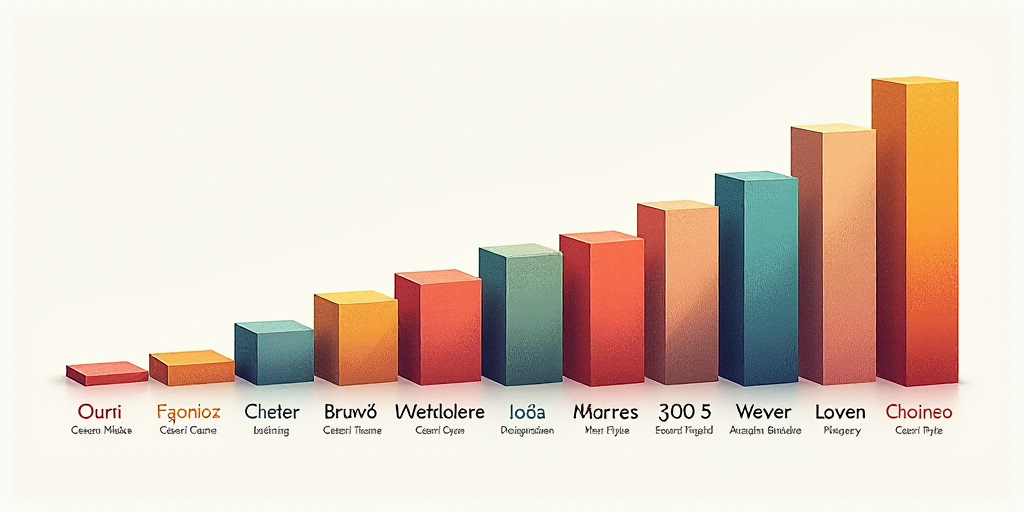Introduction
Mexico faces a significant challenge with its youth and adults exhibiting low levels of digital skills compared to similar economies. Only three out of ten Mexicans claim to know how to perform basic tasks such as copying and pasting to modify or move documents on mobile devices or computers.
Digital Skills Distribution
As digital skills become more complex, the proportion of the population that can master them decreases substantially.
- Only 2 out of 10 Mexicans know how to conduct software searches, downloads, installations, or configurations.
- Less than 10% of the population has command over specialized programming languages for various analyses.
Gender Gap in Digital Skills
Alongside low levels, a gender gap in digital skills is also observed.
Impact and Relevance
In today’s digital age, proficiency in technology is crucial for both personal and professional growth. Mexico’s low digital skills among its youth and adults can hinder the country’s competitiveness in the global economy, limit job opportunities, and widen the digital divide. Understanding these gaps is essential to develop targeted strategies for improving digital literacy.
Who is Affected?
The individuals affected include young people entering the workforce and adults seeking to upskill or reskill for better job prospects. Educators, policymakers, and employers are also impacted as they strive to bridge the digital skills gap in Mexico.
Why is this Relevant?
As technology continues to evolve and permeate various aspects of life, digital literacy becomes increasingly important. Countries with a digitally skilled population are better positioned to capitalize on technological advancements, foster innovation, and ensure their citizens can participate fully in the modern workforce.
Key Questions and Answers
- Q: What are the main digital skills gaps in Mexico? A: Mexican youth and adults struggle with basic tasks like copying and pasting, as well as more complex skills such as software searches, downloads, installations, configurations, and specialized programming languages.
- Q: How does this issue affect Mexico’s competitiveness? A: Low digital skills can hinder Mexico’s ability to compete in the global economy, limit job opportunities, and widen the digital divide.
- Q: Who is impacted by these low digital skills? A: Young people entering the workforce, adults seeking to upskill or reskill, educators, policymakers, and employers are all affected.
- Q: Why is digital literacy important? A: Digital literacy enables individuals to participate fully in the modern workforce, fosters innovation, and allows countries to capitalize on technological advancements.






